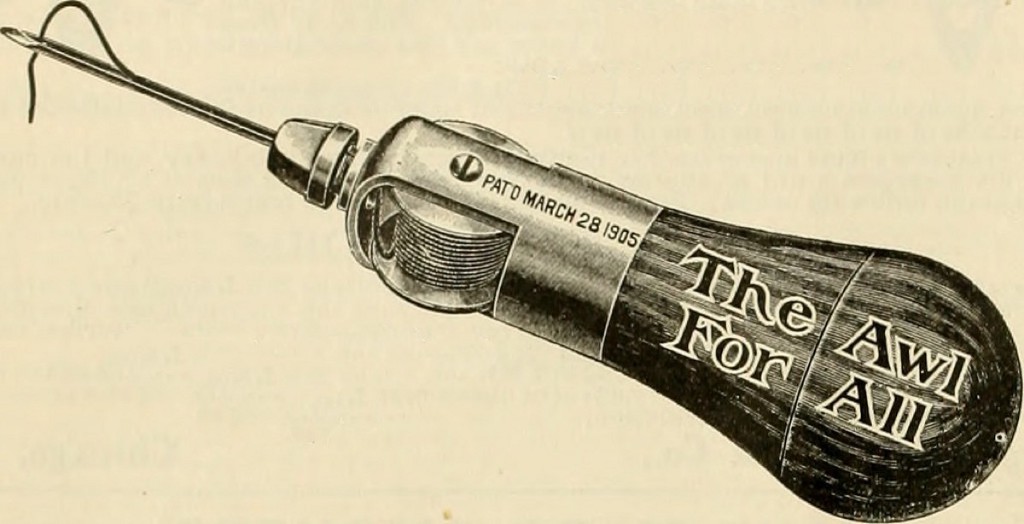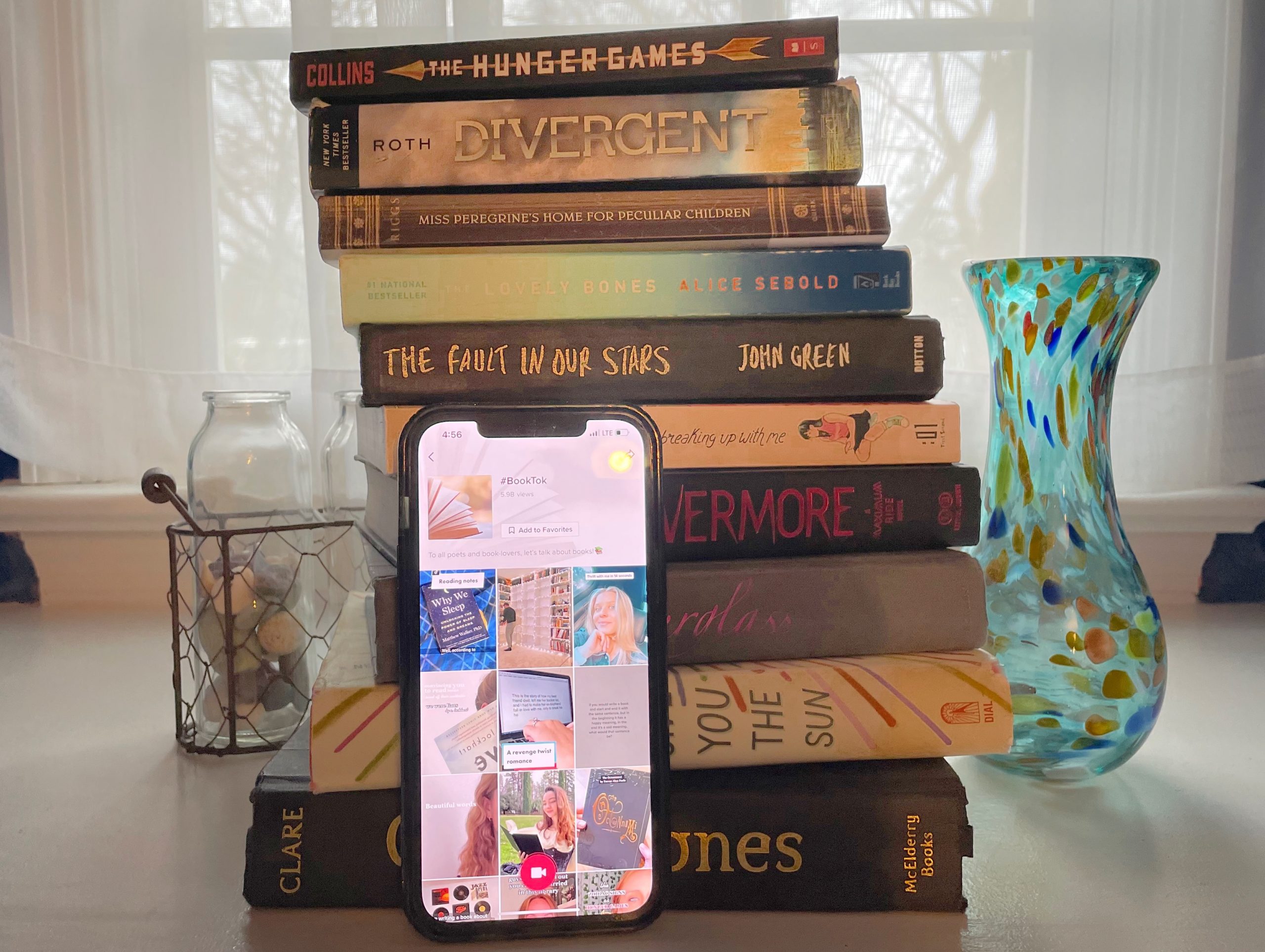Craft
The Awl Showed Us What Writing Looks Like When It’s Not Treated as a Commodity
The Awl and the Hairpin were groundbreaking because their content was driven by curiosity instead of clickbait

When the death knell sounded last week for both The Awl and The Hairpin, the websites that set the tone of the late-2000s internet, it felt to me like the end of everything. Like all of The Awl’s and The Hairpin’s children, readers and writers alike, were suddenly cast out of our cozy room and thrust back into the harsh, sobering daylight of the internet of today — which Alex Balk, co-founder of The Awl, describes as a “cyst deep inside the asshole of some demon’s buttocks that you would be forced to spend each day draining.” (If you didn’t know what The Awl voice was like, well, you do now.)

I spent hours trawling Twitter, trying to make sense of it, trying to understand why it felt so awful. It wasn’t only because I knew that I would never be able to write for The Awl again. It was more that the few pieces I did write there felt like the best of me; they were the pieces that made me fall back in love with writing. The kind of writing motivated not by the worshipping of false idols but by a sincere, unwavering enthusiasm for the subject at hand. And other writers felt that way too — my entire feed was littered with eulogies, which ran the gamut from sentimental to irreverent. The overarching theme was this: Because The Awl and The Hairpin let writers write the weird and wonderful pieces they always wanted to write but could not find a home for, both sites were unclassifiable, boundary-defying, and, as a result, groundbreaking. In short, there was something about these sites — not only their voice, but their sensibility — that broadened our idea of what writing on the internet could be.
There was something about these sites — not only their voice, but their sensibility — that broadened our idea of what writing on the internet could be.
“By the time I joined in 2011 to manage features,” beloved former Awl editor Carrie Frye told me over email, “there was already a well-established sense that the site had room for all kinds of styles and approaches. You could go big and whole-hog ambitious, or you could go chatty, short and companionable, or nerdy, or frothy creme pie, or totally weirdo wonderful; you could send in reporting, or criticism, or dives into archives and favorite rabbit-holes, or personal essays, and so on.” And this freewheeling, rollicking, genre-spanning panoply is what made these sites such anomalies. In many ways, they were the last vestiges of that good, old internet Balk describes in “Letters Sent” — the one that “was a thing you were excited to be part of.” The one that “led you to things you weren’t even aware you were interested in” — like the agave plant’s asparagus death fetish or how to make a doll into a wine glass in 23 easy steps or pouring juice in your boyfriend’s dickhole. Everything covered on The Awl and The Hairpin is exhilaratingly unfashionable and un-newsworthy and beside the point. Indeed, it renders the point irrelevant. Which raises the question: What even is a “point”?
Paradoxically, The Awl and The Hairpin, in their seeming pointlessness, championed a different, more deviant kind of point, which was this: unbridled passion should always prevail. If what’s driving you is pay or cachet or social relevancy, you’re going to sink into a deep, dark pit of self-deceit. And you’re going to hate yourself. “There are people who care way too much, about something, anything, everything — love, art, politics, ideas, music, other people,” writes former Awl contributor Heather Havrilesky in The Cut. “And then there are people who narrow all of that noise and commotion down to one single point of light: career success.The people who care about nothing but career success will tell you that unpopular things are unimportant, and things that don’t pay well enough are uniformly pointless. Anyone who doesn’t reward you handsomely for your work is automatically disrespecting you. Anyone who ignores you over and over isn’t just busy, but is bad and worthless and should be punished for it. Every relationship is transactional and those who don’t see it that way are naïve. But the best things I’ve ever done in my life fly in the face of those assumptions.”
This was the underlying creed of both The Awl and The Hairpin: one must take those “career success above all” assumptions to court and destroy them. The sites’ very existence was a clarion call to both writers and readers to embrace absurdity and shrug off the status quo. They were two pariahs fighting against the commerce of the internet, which was increasing in homogeneity, as well as its milled “content,” which was so often created for traffic purposes. They were crusaders against commodification, revolutionaries before the revolution was co-opted by Pepsi. Their kind of anarchic creed stood in stark contrast to everything that larger commercial enterprises championed, which was (and is) hot takes and scoops. “Media consumption is controlled these days by centralized tech platforms — Facebook, Twitter,” writes Jia Tolentino in her recent tribute to the sites, “whose algorithms favor what is viral, newsy, reactionary, easily decontextualized, and of general appeal.” The Awl and The Hairpin were none of these things.
Their kind of anarchic creed stood in stark contrast to everything that larger commercial enterprises championed, which was (and is) hot takes and scoops.
The Awl’s sensibility feels like a Russian nesting doll of digressions — digressions without any clear main thesis that they were digressing from. How far, how deep, how fucked up, how weird, how nonsensical can we get? In fact, it’s not entirely dissimilar to watching Tim and Eric Awesome Show, Great Job!, whose origin date is more or less contemporaneous with The Awl’s and The Hairpin’s. Both the sites and the show embody a form of blithe meaninglessness that is very much of an era — and that we should be very sorry to lose. “The only way to deal with an unfree world,” writes Albert Camus, “ is to become so absolutely free that your very existence is an act of rebellion.” That was the modus operandi for both The Awl and The Hairpin, and we need more of it. Especially now.
Like Adult Swim, the adult-oriented nighttime programming block of Cartoon Network that housed Tim and Eric, The Awl and The Hairpin say more in their ostensible meaninglessness than most dense academic prose every could. They both also straddle that beautiful line between not insulting your intelligence or sense of humor and not asking you to make sense of it.

Though so many Awl and Hairpin pieces leave me with more questions than I had before reading them, I am resigned to, even elated at the distinct possibility that most, if not all, of those questions are unanswerable. And I derive great joy from the fact that most Awl and Hairpin pieces are simply uncategorizable. It’s like they’ve gone off the grid or extricated themselves from the matrix of convention. They’ve done what we’ve all dreamt of doing: sticking it to the man, fucking off, and finding that ever elusive freedom. From what? The quotidian, the rat race, and everything that is boring. And perhaps most importantly, everything that is driven purely by profit.
Take Sarah Miller’s “Brad and Angie Go To Meet The African Pee Generator Girls.” Maybe, like me, when you first read it you thought: What the shit is this? In it, Angelina Jolie drags her whole family (Brad, Maddox, Zahara, Shiloh, Pax) over to Africa to find the “strong young African women who had just invented this amazing generator that made electricity out of human urine,” only to discover that these girls can’t just make something run using pee. They have to USE ELECTRICITY TO GET THE ELECTRICITY.
If you remember the “pee generator girls” story, though — it was a real story, with fake hype — it becomes clear that there’s a subversive logic underlying the piece’s apparent whimsicality. It’s an inside joke, lampooning the way that so many other sites were using a story about young African women inventing a urine-powered generator to get clicks. While those sites were acting in accordance with the internet attention economy, The Awl (through Miller) was acting in accordance with itself. The piece was a massive fuck you to the media’s fixation with clickbait concerning two sources of profitable traffic: “science news” and celebrity gossip. Other stories about the pee generator girls said “we don’t care if this is true, as long as you read it.” Miller’s piece said “I don’t really care if you read this, as long as I’m having fun.”
Actually Nothing Even Matters and You’re Wasting Your Life
I can’t help but think of the Dadaist and Surrealist movements of the early 20th century. They were both (especially Dadaism) defiantly anti-art, committed to dismantling the traditional bourgeois notions of what art is. Stemming from this ideology, aren’t The Awl and The Hairpin exemplars of anti-writing, in a way? They house a great deal of content that goes against the grain of conventional writing practices and journalistic customs such as ledes and nut grafs. Some pieces are so rife with grammatical and syntactical transgressions (i.e.: odd, sometimes excessive, use of punctuation and cap locks galore) that I imagine it would send many old school editors into an absolute tizzy of indignation as though some rogue took a shit on their good china. Those who adhere to the tenets of tried-and-true writing methods, I imagine, not only find the content distasteful, but an affront to their very professional, and even personal, existence. Sometimes rules are meant to be learned and subsequently broken no matter the consequence. That’s freedom. That’s art.
The sensibility that both The Awl and The Hairpin employ is one of subversion. Thematically, formally, and stylistically, the sites diverged from the customary practice which, for most digital publications, was dependent upon Takes and what former Gawker editor A.J. Daulerio called “traffic-whoring duty” and “gutter journalism.” The Awl and The Hairpin didn’t give a shit about traffic. And everything about the content they’ve peddled is testament to that, as well as their anarchic inclinations and propensity toward anti-commodification. The reason that The Awl voice reads as a kind of insurrection is because it was not a virtual product; it was a manifestation of a passionate pursuit. But now, in 2018, we’re seeing the kind of mercenary spirit, which invariably arises from massive commercial enterprises, with increasing frequency.
The reason that The Awl voice reads as a kind of insurrection is because it was not a virtual product; it was a manifestation of a passionate pursuit.
When writers are assigned tasks that are solely dedicated to driving traffic to so-and-so site at all costs, they are bound to produce varying degrees of shit. Not always, but inevitably some. And it’ll either obliterate morale or inflate it with a false, perhaps arbitrarily earned, sense of accomplishment. This is literally the antithesis of what The Awl and The Hairpin stand for. They were a respite from that kind of model, which is why their imminent end is all the more devastating. So, what does this signal for the forthcoming crop of writers, for the future of media, for online writing? Are we well and truly fucked?
There is a reason that the overall reaction to The Awl and The Hairpin’s fast approaching end was one of deep incredulity and woe. I don’t know about you, but my first thought was: Shit, our idols really are dead and our enemies really are in power. Both sites embody everything that stands in stark contrast to the most baleful byproducts of capitalism, chief among them, he who shall not be named and his confederacy of dunces. But as I continued to trawl Twitter and as I continued to read the tributes pouring forth, I felt hopeful. Like none of us were going to give up that good fight. And I could remember the last time I felt this way: It was at the Women’s March in D.C. one year ago. In the midst of great turmoil, we were able to muster a staggering amount of strength. In our united opposition to evil, we were able to give shape to our already set, though dormant, democratic impulses.
Just like I enjoyed seeing a sea of incendiary banners and listening to those righteous chants, I enjoyed hearing what everyone else’s favorite Awl and Hairpin pieces were, because it says a lot about their character: what gets them off, what makes them tick, what makes them gush and swell with pleasure. It also proves to me that though The Awl and The Hairpin will soon belong to the annals of the past, the Awlish sensibility will live on. And so will the camaraderie amongst weirdos it spawned.
I don’t know about you, but my first thought was: Shit, our idols really are dead and our enemies really are in power.
I thought The Awl — unlike the rest of the internet, so riddled with clickbait and so innately ephemeral in its up-to-dateness — had no expiration date. That the Weather Reviews would just go on ad infinitum as though they always existed. That every time a bizarre idea for a piece was percolating in my mind, I would have The Awl to, if not accept it, at least listen to and appreciate it.
But maybe I’m missing the point, which is this: The Awl and The Hairpin, despite all odds, existed. And they gave us a glimpse of a less traffic-driven world.
Goodnight Awl. Goodnight Hairpin. Or, to quote Awl co-founder Choire Sicha : LOL BYE.








